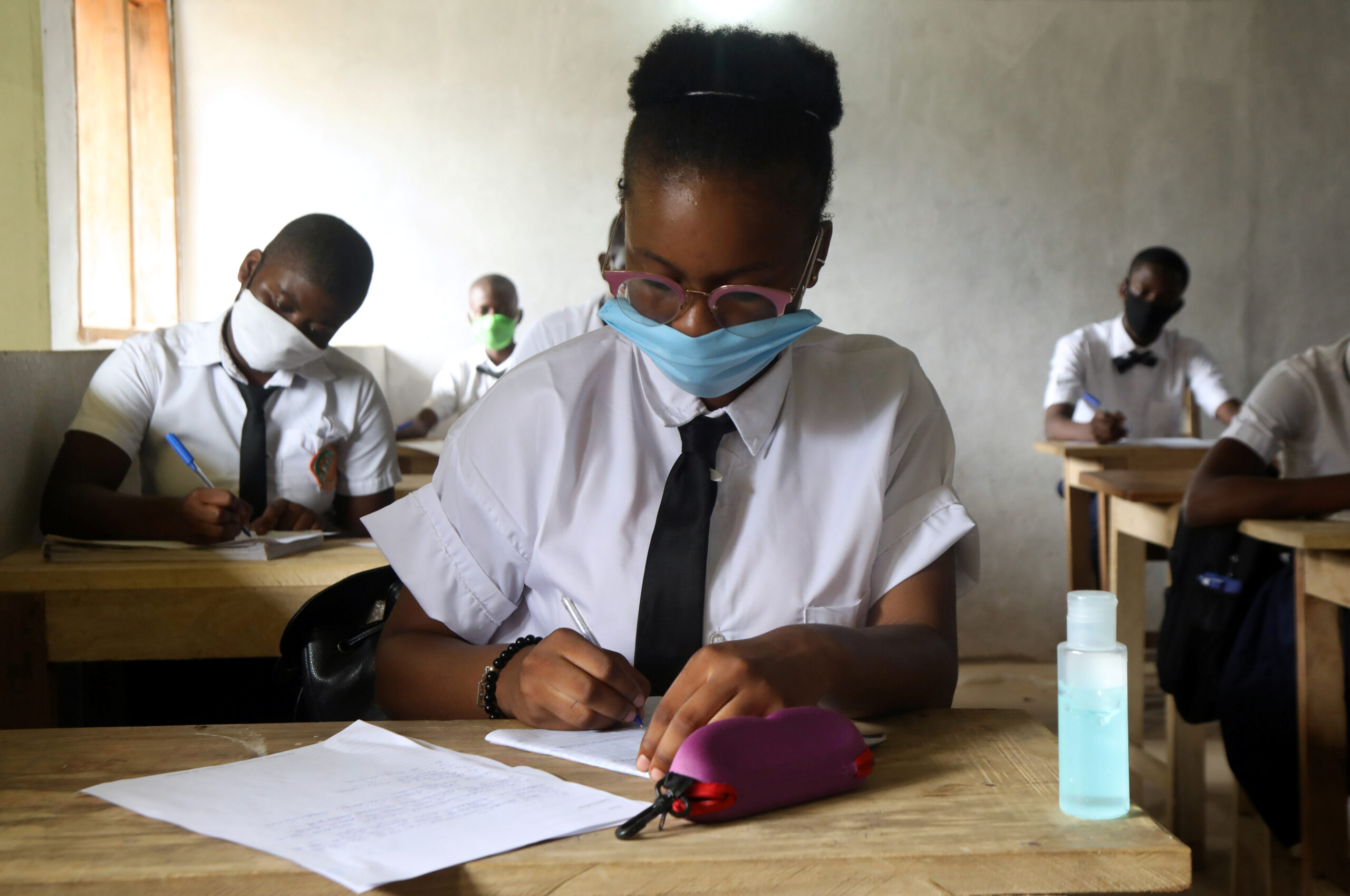Abigael Ruto
Schools around the world are looking to reopen in the coming months while others have designed teaching models that do not require students to be physically present.
Developing countries will most likely have to forego online learning, said education researcher Masibo Lumala, a professor at Moi University in Kenya.
“The only way students will able to go back to school in Kenya successfully is if there is a vaccine,” Lumala said.

Restrictions that should be met before reopening is quite a challenge for most African institutions, he said.
“A typical classroom in Kenya in public primary school sits about 100 pupils,” Lumala said. “According to the coronavirus safety protocol, people should stay six feet apart.
“For those 100, we would need five classrooms which is impractical,” he said.
Online learning is an option for international schools whose parents are very rich, Lumala said. In countries where there are hardly any basics like food and water, electricity and the internet are certainly luxuries.
“Teaching online is almost going to fail because of internet availability and affordability,” he said.
Following the surge in the number of those infected by COVID-19, Kenya closed all learning institutions in mid-March. Universities and colleges however, will reopen in September with safety restrictions in place.
National end-of-year exams are usually taken in October and November were cancelled.
“The 2020 school calendar will be considered lost due to COVID-19 restrictions,” Minister of Education Kenya George Magoha said in a public address.
Primary and secondary schools will remain closed until January 2021 with students required to repeat the class they were enrolled in this year.
“We are naturally delaying and wishing the virus away so that students can go back to school,” Lumala said.
In neighbouring Uganda and Rwanda, plans are still underway on precise reopening dates. Uganda relied on television to teach its students during the lockdown.
South Africa closed its schools on March 18, but partially reopened in early June for students in Grades 7 and 12 only but pressure from parents and teachers has been mounting on the government to consider shutting down schools.
South Africa has 381, 798 coronavirus cases as of July 21, which is the highest number among African nations.
Tanzania resumed normal activity after President John Magufuli declared the country free of the pandemic on July 20, 2020. The country is also planning a presidential election for Oct. 28.
Students in all levels of institutions will resume learning after some universities and secondary schools were reopened in early June.
“We decided to pray to God to save us from the coronavirus. God has answered our prayers,” Magufuli said at a swearing in of officials at the State House in Dodoma, Tanzania.
At the time, they had reported only 509 cases in total with 21 deaths whereas immediate neighbours like Kenya were recently reporting about 600 cases daily.
Rwanda and Uganda’s numbers are still relatively low but are over 1,000. Uganda has 1,072 and Rwanda has 1,629 as of July 21.
Tanzania and North Korea are the only countries that are not reporting any cases of COVID-19 in the world.
As schools in most African countries remain closed, students in North America continued with online learning with plans for in-school learning a likelihood in the fall.
Halton District School Board, however, rejected the proposed hybrid model requested by the Ontario government, where elementary students were to attend school physically on alternate days.
They cited the possible rampant spread of the virus in a letter directed to the provincial government.
“The insistence that all worthy education can only happen within four walls holds our education system back from evolving and being innovative,” the board said.
In the U.S., California’s Orange County made reopening recommendations asking the state not to mandate children to wear face coverings.
“Having a child to wear a mask and behave like an adult is almost impractical,” Lumala said. “They will even want to share masks.”
Here is a timeline showing how reopening looks like in some countries.

